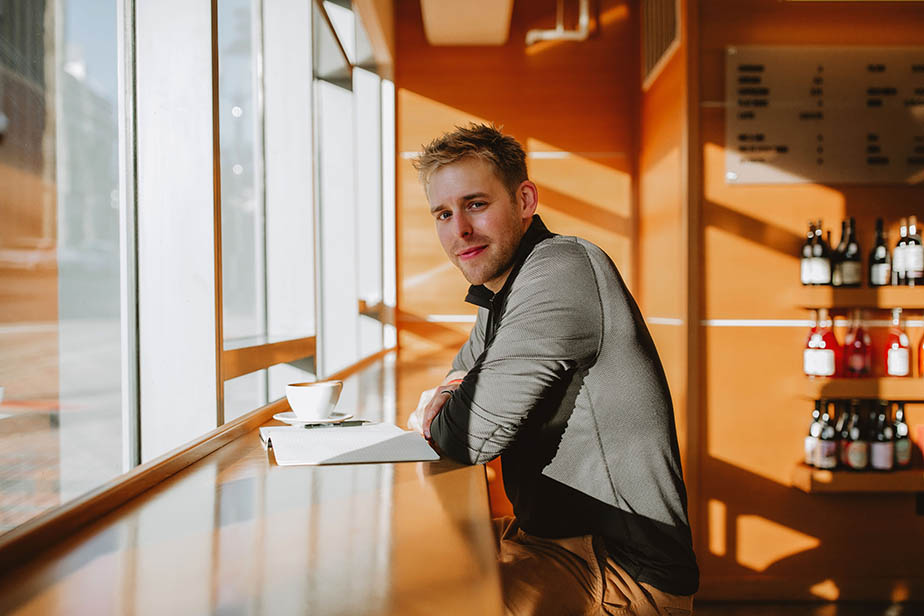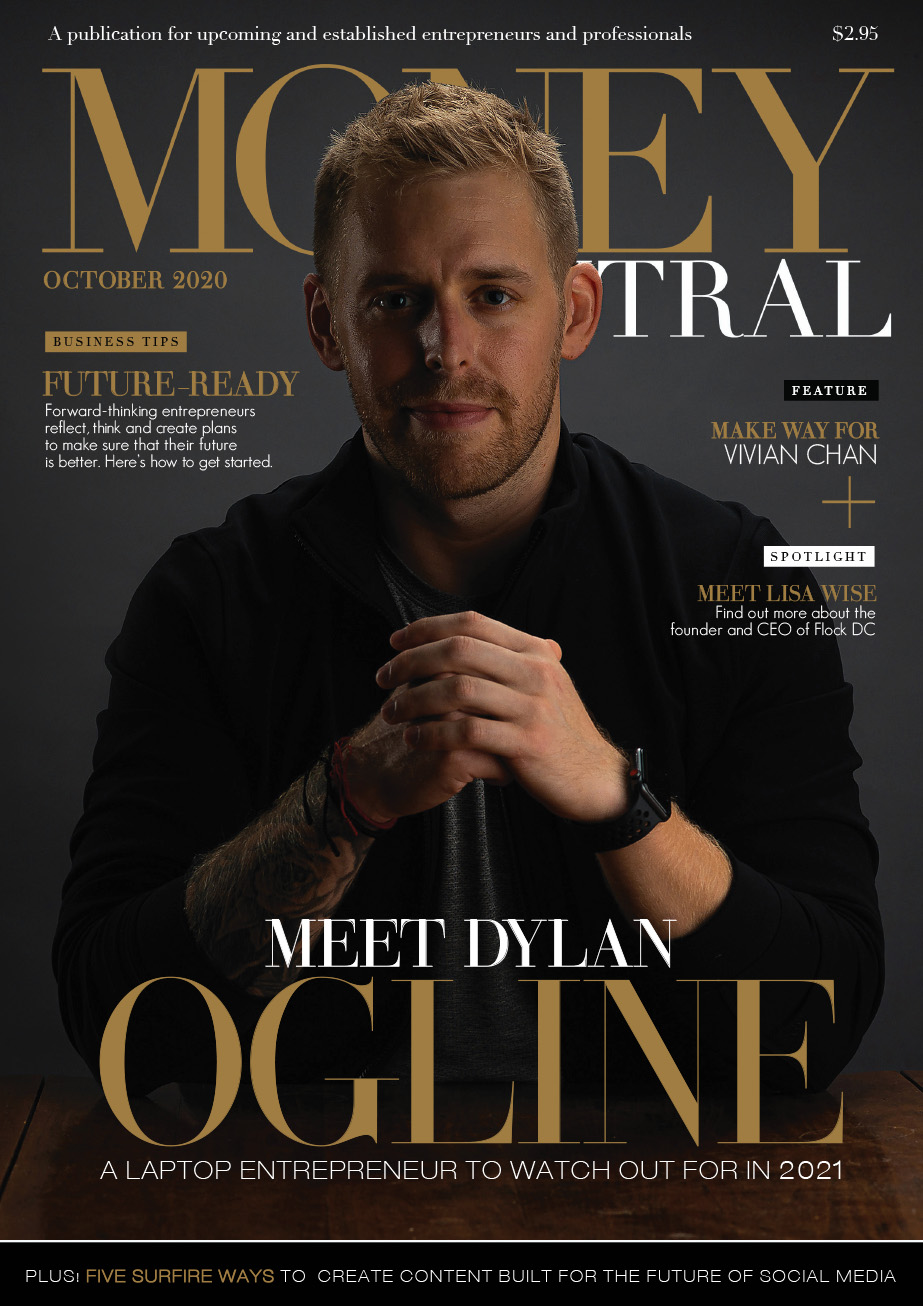
Dylan Ogline Lives the Vagabond Lifestyle of a Laptop Entrepreneur … And He Wants You to Join the Club, Fast!
Dylan Ogline is used to being underestimated. It’s laughable, considering he built Ogline Digital into a 7-figure business by offering only one service—direct response digital marketing—and doing it very well.
But among his fellow entrepreneurs, he is something of an oddity. There’s definitely an “Old Guard”—usually overweight, undertanned, and light on passport stamps—that doesn’t understand what he does.
When networking at business conferences, he sometimes describes Agency 2.0, his training program to teach aspiring entrepreneurs to do what he did—build a lean, niched-down solopreneur digital agency offering high-ticket services.
The “Old Guard” Boomers and post-Boomers at those conferences like to tell him he is a fool. How could he leave so much money on the table?
He should (they explain) offer a full suite of digital marketing services. Ogline Digital shouldn’t let its clients shop anywhere else! He should hire a team of graphic designers, and a team of coders, a team of SEO specialists, and get a shiny downtown office for them all to commute to—five hours in traffic to break their spirits good and proper.
For a mere $1,000,000 in extra expenses, he could be making $1,000,500 more in revenue! Five hundred extra dollars in profit to brag about on the ambulance ride to the cardiac ward!
Dylan doesn’t feel like a fool. He recently returned from nearly two months in Southeast Asia. Spending most of his time in Thailand, living in a highrise condo, and losing himself on the streets of Bangkok or the forest trails of Chiang Mai. It was his first “mini-retirement,” inspired by Tim Ferriss’ The Four-Hour Workweek and Ferriss’ own favorite book, Vagabonding by Rolf Potts. He followed that trip up with nearly another month in Europe with his longtime girlfriend.
During his travels, he ran Ogline Digital from his laptop. An avid hockey player, he’s in amazing shape, looking barely 21 of his 31 years. And he knows he’s onto something that touches the dreams of Millenial and Gen Z entrepreneurs, who measure success, not in the size of the bank account, but the size of the adventure.
Dylan was never going to wind up in a cubicle. A high-school dropout and self-described “unemployable entrepreneur,” he started his first business as a teenager in rural Pennsylvania. Inspired by reading Robert Kiyosaki’s Rich Dad, Poor Dad, he was able to arrange an importer deal with a supplier of sophisticated European cell phones, which were rare in the pre-smartphone and iPhone era. The European supplier had no idea that he was doing business with a 14-year-old.
When the shipments arrived, Dylan flipped the phones on eBay for a profit. It was all going swimmingly until his payment processor discovered his age and shut him down.
A different family might have exhorted their errant son to get his head out of the clouds and get a “real job.” But Dylan actually comes from a family of business owners.
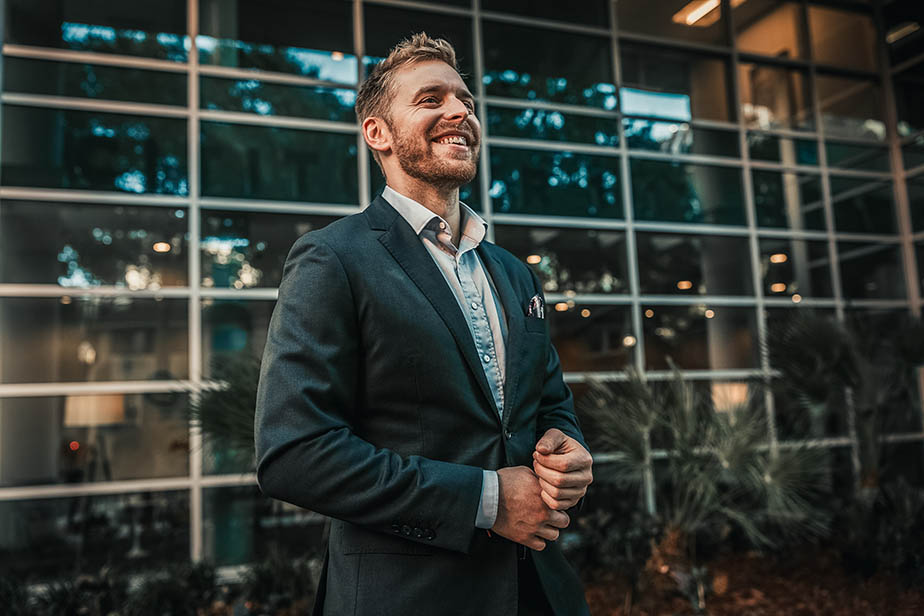
But the youngest Ogline is still the black sheep. His father and brother belong to that Old Guard, valuing hard work instead of smart work, revenue growth instead of a lifestyle. As a result, Dylan’s father worked himself into three heart attacks. Dylan fears that his older brother, who loaned him Rich Dad, Poor Dad in the first place, is headed to a stress-induced heart attack as well.
But that doesn’t stop them from scoffing at their globe-trotting family member, as if his million-dollar agency is somehow a fluke … like he needs to “grow up” and open a business he hates, like “working men” do.
Agency 2.0, which trains first-time business founders to build a laptop lifestyle from the ground up, is Dylan’s long bet that a younger generation wants to skip the heart attacks and do it the Dylan way. “2.0” doesn’t refer to the version of his program—in fact, the current version of the training program is the third iteration.
Rather, “Agency 2.0” is meant to imply a new way of thinking about a digital marketing agency—lean, automated, bare-bones, micro-niche. Dylan teaches students to offer so much value that they can retire their day jobs and become digital nomads after closing just a few clients.
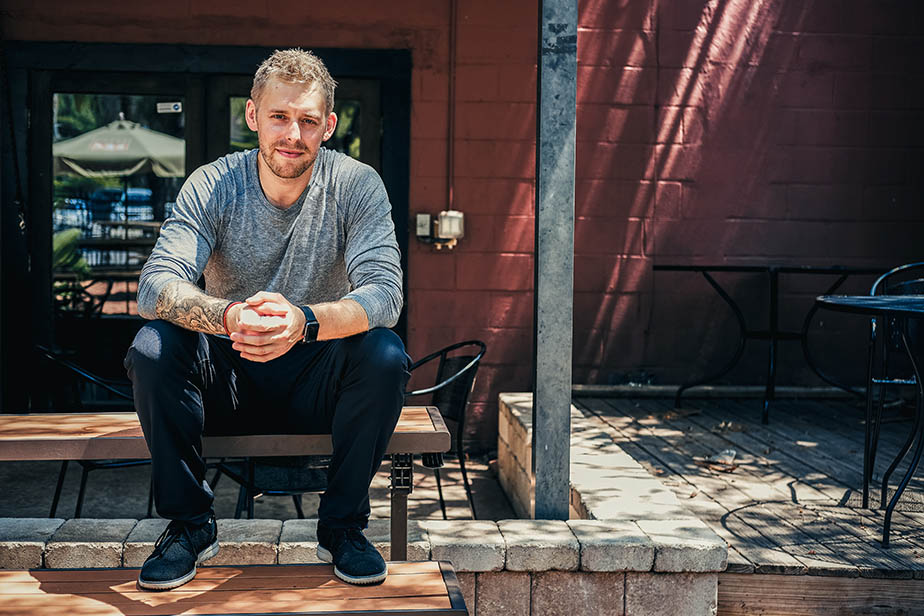
To learn more, MoneyCentral Magazine caught up with Dylan, fresh off a mountain trail in his Denver Airbnb—far from his adopted home base of Orlando, but closer to home than Bangkok. Here’s what went down:
So, your training program is called “Agency 2.0,” and not because it’s your second version, but because it outlines a new approach to agencies. With that in mind, what is “Agency 1.0?”
The “1.0” way of thinking is a bloated agency with a ton of expenses, salaried employees … you have an office, you’re doing one-off projects for your clients, these huge, massive creative projects for your clients. Reinventing the wheel all the time.
“Agency 2.0” is pretty much the exact opposite—a slim, sleek, scrappy business model. Very little expenses, no office, independent contractors-if any team members. And you’re doing retainer-type work. The beauty of it all is-if your client is spending $5,000 on ads per month and you start to get things rolling for them and they increase spend to say… $50,000/month, the amount of work actually becomes less. So the higher your income is off an individual client, the less work you’re typically putting into it.
Is there any danger of students getting into the business and finding that they’re competing with each other—too many people offering the same service?
The truth is that if you do everything for everybody, we’ve already hit market saturation on that.
Here is the key – if you’re managing ads for a plumbing and heating company, and a car dealership, and a doctor, and also building websites for restaurants, and then you’re also doing SEO, you don’t really become good at anything. It is incredibly difficult to become the best in the world at everything.
It is damn near impossible to become the best person in the world at “digital marketing.” It is relatively easy to become the best person in the world at “digital marketing for plastic surgeons in the southeast”.
There’s a million different niches, and a million different ways you can slice them up. People naturally have a scarcity mindset, and if you are an agency doing everything for everyone, you should have a scarcity mindset! Because it’s going to be really difficult.
But if you are specifically helping plastic surgeons on the east coast—or whatever, that’s a random niche I just came up with—the truth is that you probably couldn’t handle more than five clients. And if you have five clients and you get them going, you can have a six-figure agency, no problem.
I have a seven-figure agency off of less than ten clients. So the concept of scarcity is backward thinking. We could easily add another 10,000 niched-down agencies, and there’s no way we would reach market saturation. Not even close. There are over 30 million small businesses in the United States alone and growing. Sure not all of them are going to be looking to add on the services of a digital agency but they are ALL looking to grow.
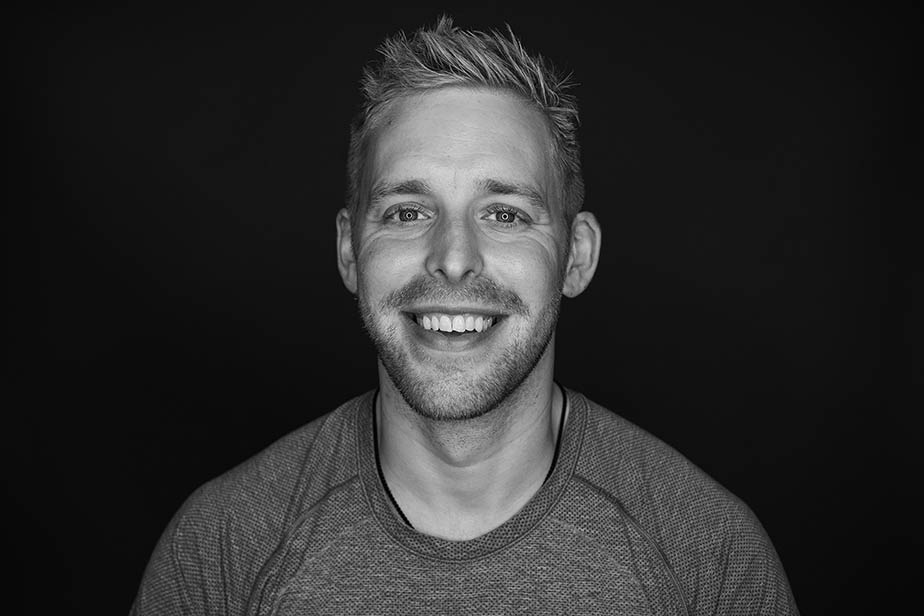
What drove you to be an entrepreneur and start businesses from such a young age?
For me, when I got into business, it wasn’t because I wanted to have a Lamborghini and a few Rolexes. Those were not the things that drove me. What drove me was that I didn’t want to be poor. I didn’t want to worry about how I’m going to pay the water bill or the electric bill.
I grew up in Pennsylvania, in an older house with what felt like zero insulation. I remember freezing my ass off at night in the middle of winter because it was an old house, it was expensive to heat, and my parents, justifiably so, didn’t want to spend the money. So all I cared about was f*cking heat!
Why did you decide to offer a training program? What was the journey there?
I had a lot of teachers that influenced me, a lot of coaches, a lot of mentors. I don’t believe anybody is self-made. That is a ridiculous concept. Sure I have worked hard. Sure I have made a few smart plays. But if it weren’t for those people teaching me things, or my brother just having that book laying around, I wouldn’t be where I am. So at a younger age, I knew I wanted to do some kind of coaching or teaching.
With [Ogline Digital], if a client is doing half a million in sales a year, and we onboard them, get their marketing working, and they make a million in sales next year … that’s really cool. But that didn’t change the business owner’s life. They’re just making more money.
I had a student who joined my training program last year or the beginning of this year. She joined the program in like, December or January. At the time I charged something like $500 to get on board. A month later, I talked to her on one of the group calls. You could hear the tears in her voice, where … that was, like, her last $500. Her and her husband were struggling. But within a few weeks of joining the program, she got her first client, and with the money she got from that first client, she was able to buy her kids’ birthday presents. Then she went on to build a successful agency. That changed her life. It changed everything about her life.
So to say that I am slightly more passionate about this training program and helping people is putting it lightly. The personal fulfillment I get is just … it’s hard to put into words.
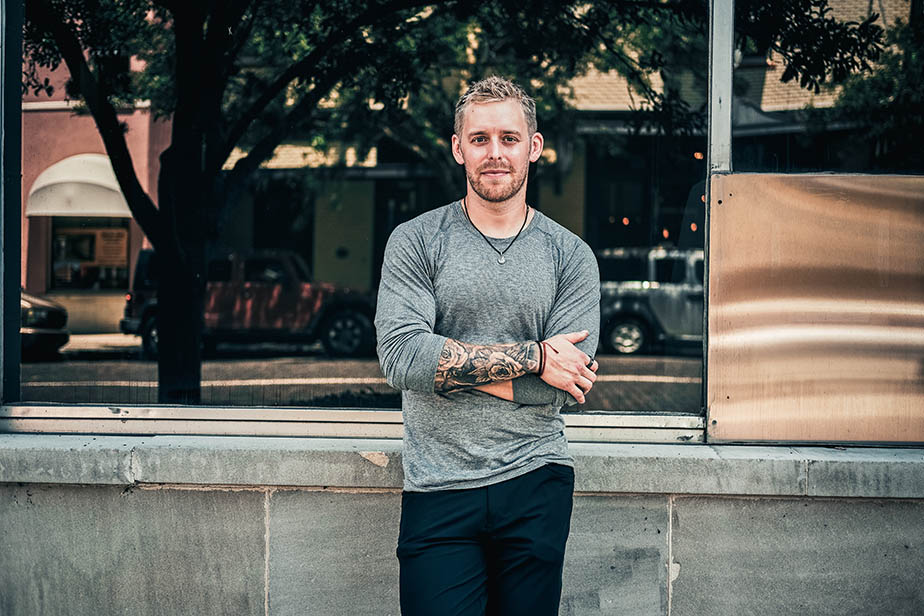
What mistakes do you think business owners make that you try to correct in Agency 2.0?
Even if you’re not building an agency—even if you have some kind of product that you’re going to dropship to people or whatever … something they get wrong is that, as fast as possible, you need to focus on getting the cash register to ring. That is, making sales.
I see people who, outside of starting a digital agency, they have some kind of product that they’re going to ship and sell … they’ll spend two years, like, a long time, getting their Facebook page started. Getting public relations going. Getting nice business cards. Getting a fancy logo. All these unnecessary things. When they actually try to get customers and try to get sales, it flops, because they don’t have product/market fit.
Getting the cash register to ring as fast as possible is what any digital entrepreneur needs to focus on. That’s the only way to prove product-market fit, by someone actually give you money for your product or service. You don’t want to waste a lot of time on unnecessary things because the truth is that you’re probably going to fail the first time.
You have to move fast and remain flexible. I probably say “move fast” about a hundred times in the first week of my program!
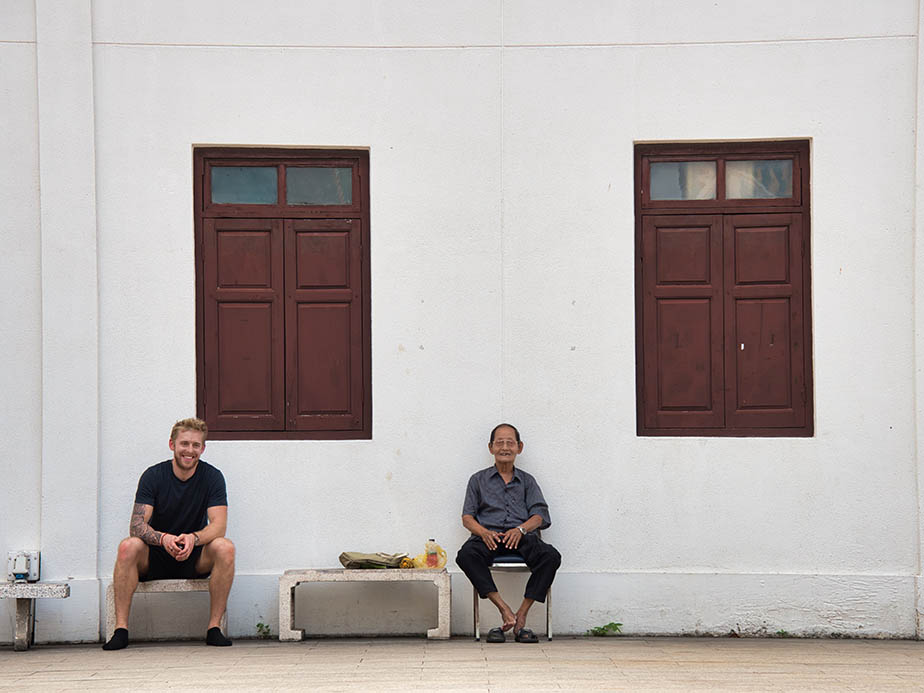
Is the Digital Nomad life everything you thought it would be?
This is an incredibly good question! I was mentoring this younger guy recently … probably a year or so ago. He’s, like, 19 or so, maybe an 18-year-old kid. And he works a dead-end job, fast food or Dunkin’ Donuts or something similar. This is in the small town in Pennsylvania. And he’s like “I can’t do this. I can’t spend the rest of my life in this small town. I want to ‘see the world.’”
So he basically asked me the same thing—he’s like “Is it everything I think it will be?”
And I was like, “The vision that you have of how cool it will be, wherein your head you’re imagining standing on the balcony of your condo in some random city in Asia and looking at this city that you have a month, two months to explore … an infinite amount of time to explore, and you don’t have to go to work tomorrow … you still have to work, but you can do what you want, whenever you want, as long as you keep your business going …”
“You have absolutely no idea just how awesome it is. What your expectations are, they are wrong. It’s so far beyond what you could possibly imagine. Having that freedom is beyond what money can buy. Words cannot describe how amazing it is.”
